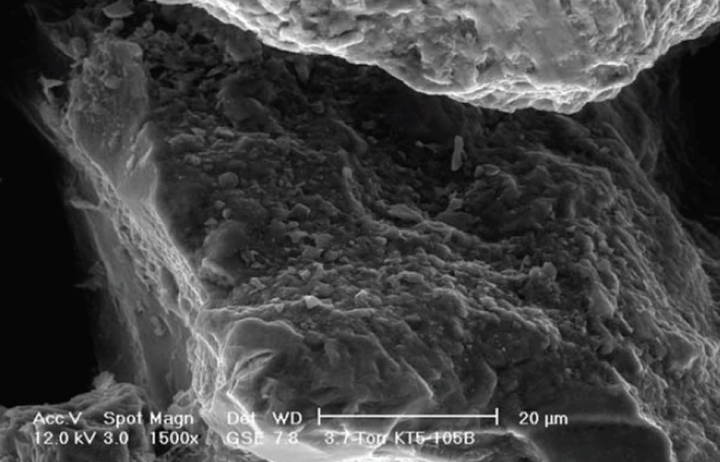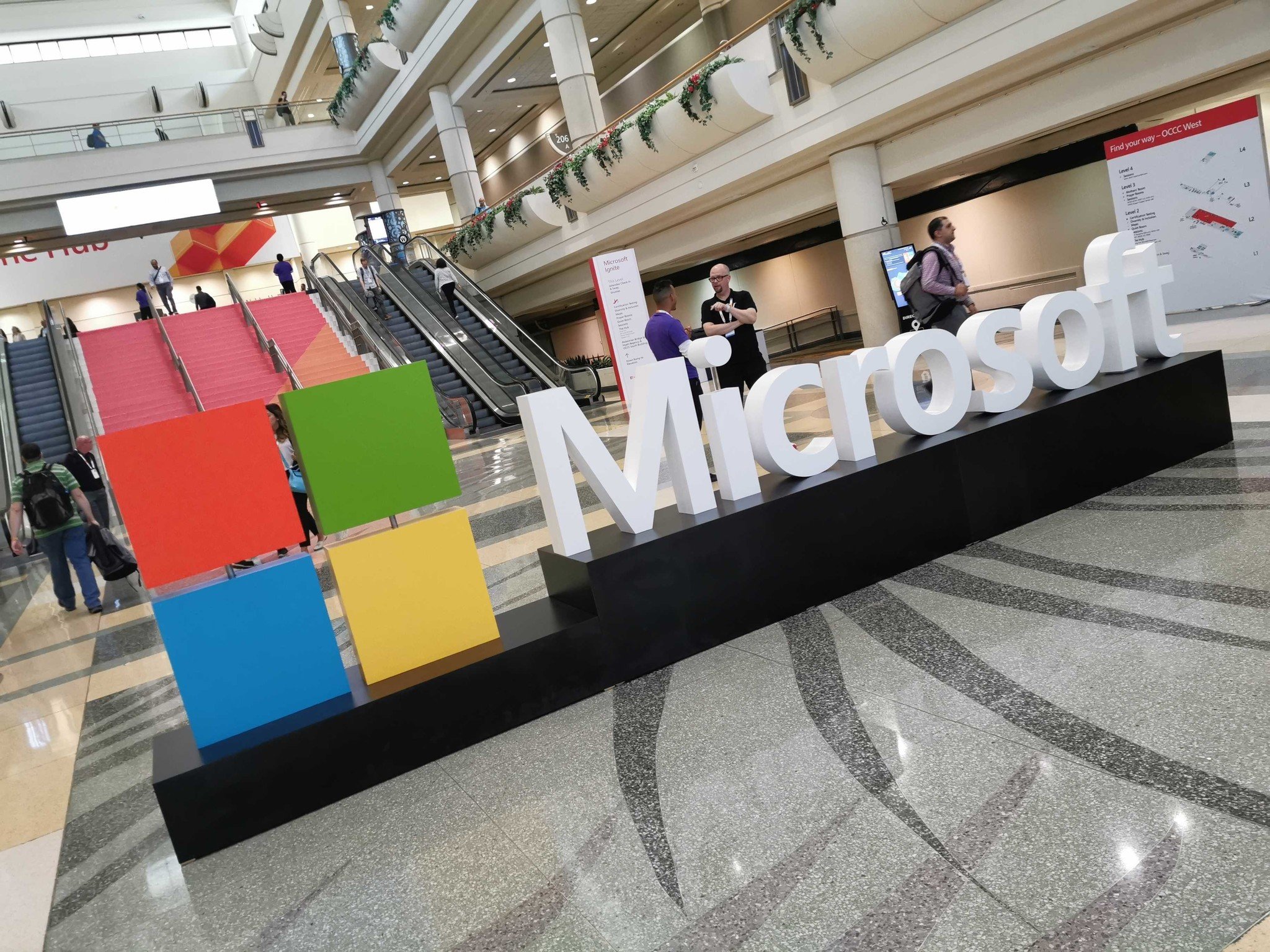FOREVER CHEMICALS
A Novel, Colloidal Form of Activated Carbon Demonstrates Effective, In-Place Removal of PFAS From Groundwater
ARTICLE Mar 08, 2021 | By Kristen Thoreson, PhD, REGENESIS

Credit: Pixabay.
PFAS in groundwater - A daunting environmental challenge
Per- and polyfluoroalkyl substances (PFAS) are estimated to contaminate more than 200 million Americans' drinking water1. After decades of manufacturing and release into the environment, the potential human epidemiological toll of PFAS is only now just beginning to be grasped. PFAS have been associated with wide-ranging health effects from cancers to physiological development issues and immune system deficiencies2,3, to name just a few.
Approximately 40% of US drinking water is sourced from groundwater and an ever-increasing volume of this precious resource is being found to contain PFAS4,5. An unholy trinity of factors has contributed:
1. unmatched chemical persistence6
2. long-range mobility in groundwater7
3. near-ubiquitous use in consumer products, ranging from clothing and cookware to paper and paints8
Aqueous film-forming foams are still being used for fire suppression at aviation facilities worldwide and are particular PFAS hotspots. Consequently, PFAS have been found even in the remotest of places, including in Arctic polar bears' brain tissue9.
PFAS concentrations detected in groundwater are often quite low, in the nanograms per liter or part per trillion (ppt) range. Nevertheless, even at these low levels, there could be unacceptable health risks caused by prolonged exposure. On February 22, 2021, the United States Environmental Protection Agency (EPA) made a final determination to regulate perfluorooctanoic acid (PFOA) and perfluorooctanesulfonic acid (PFOS) under the safe drinking water act, paving the way for their designation as hazardous substances and the determination of maximum contaminant levels (MCLs)10. Currently, the EPA lifetime health advisory limit for combined PFOA and PFOS is 70 ppt.
Ahead of the EPA, numerous states have determined PFOA and PFOS concentrations in groundwater above which remediation or other corrective action (e.g., risk assessment) is required. Several of the state “action levels” approach ten ppt, a concentration that is equivalent to a single drop evenly dispersed in two Olympic swimming pools. Effectively addressing the confounding volume of impacted groundwater that poses a risk and reducing PFAS below the ppt-level concentrations considered acceptable, are among the most significant challenges facing groundwater remediation professionals today.
Current methods for PFAS removal from groundwater
Activated carbon has been widely used for decades throughout the world to remove organic pollutants, mostly via mechanical groundwater extraction and filtration with sorptive media, such as granular activated carbon (GAC). This pump and treat (P&T) approach uses submersible pumps placed into screened extraction wells to create a hydraulic gradient. The rapid extraction depresses the water table and forms a groundwater capture zone, intercepting the impacted groundwater and pumping it through above-ground GAC vessels that sorb the contaminants out of the water. Clean water is typically discharged to a local public treatment works. Over time, the GAC will become saturated, or ”spent”, requiring the exchange of the spent GAC bed for new or regenerated GAC.
Historically, P&T has been an effective and reliable ex situ approach used by groundwater remediation hydrogeologists and engineers to prevent contaminant migration beyond a properly-placed line of extraction wells. There are drawbacks, however, to using a P&T approach for removing PFAS.
The use of mechanical P&T systems requires continuous maintenance to ensure operational efficiency and generates a contaminated waste stream that must be managed. P&T systems are also energy-intensive and subject to National Pollutant Discharge Elimination System (NPDES) permitting, sampling and reporting requirements to ensure the treated water is cleaned to the permitted levels.
A concern is developing around the pending “hazardous substance” designation of the spent GAC. This designation would result in spent carbon having to be managed as hazardous waste with further reporting, transportation, storage and disposal regulations in effect. Moreover, due to safe thermal incineration methods having yet to be established, recycling and disposal options may be limited for spent activated carbon.
A novel PFAS groundwater treatment technology - Colloidal activated carbon passive barriers
Over the past decade, scientists engaged in the PFAS-in-groundwater dilemma have researched, lab-tested and field-applied modified activated carbon materials to allow for the effective in situ (i.e., in place) removal of PFAS from groundwater.
The remediation approach rests on the simple concept of transforming aquifer materials into a groundwater purifying filter. This transformation occurs by injecting a modified form of activated carbon across an aquifer's vertical plane carrying the contaminants. This process forms a permeable reactive barrier (PRB) that passively treats groundwater as it naturally moves through the barrier. As the groundwater migrates across the PRB, PFAS is sorbed out of it, resulting in clean water discharge from the downgradient barrier wall face.

Figure 1: Figure depicting an in situ CAC PRB preventing migration of PFAS to sensitive receptors. Credit: Image Courtesy of REGENESIS.
Although simple in concept, specific technological hurdles had to be cleared for the approach to be practical. The first and easiest hurdle concerns the size restrictions of the aquifer materials. Typical sandy aquifer materials have openings, called pore throats, that are in the range of 10 microns. By comparison, common GAC is often in the range of 300 microns or larger. Materials scientists first had to reduce the particle size of the activated carbon, grinding them to the size of red blood cells (1 to 2 microns) to allow them to fit through the pore throats.
Shrinking their particle size alone will not permit carbon to readily pass through soil pore throats, however. This is due to the electrostatic attraction between the particles and the aquifer materials and between the particles themselves. To clear the electrostatic attraction hurdle required the micron-scale carbon to be modified into a colloidal suspension, made possible using a proprietary, non-toxic, polymeric and molecular additive treatment that stabilizes the particles and prevents them from agglomerating. Thus, a new colloidal activated carbon (CAC) material was born.
CAC passes through soil pores without resistance as the injected suspension propagates away from a delivery point (e.g., injection well or borehole). As the CAC moves through the aquifer materials, it also coats them with a thin carbon paint that encapsulates individual soil grains and leaves behind an immense surface area for chemical sorption. The single-micron CAC particle size also results in rapid kinetics for PFAS sorption, essentially removing them from groundwater immediately upon contact11. As PFAS are removed from groundwater in situ, the drinking water ingestion exposure pathway is eliminated, and so is the risk.

Figure 2: Scanning electron microscope image of sand grains before CAC treatment. Credit: Image Courtesy of REGENESIS.

Figure 3: Scanning electron microscope image of sand grains after CAC treatment. Credit: Image Courtesy of REGENESIS.
The emergent in situ PFAS removal approach using the CAC technology has demonstrated success in the field for nearing five years to-date. As verified by independent researchers, typical CAC PRB applications are designed to be effective for decades12. If, however, PFAS were to exceed the sorption capacity over time and break through, a second PRB can be installed downstream of the first to continue PFAS removal from the aquifer.
There are no known practical, safe methods for the chemical destruction of PFAS. Therefore, full-scale treatment of PFAS-impacted liquids or solids is currently limited to sequestration technologies that remove or bind PFAS but do not destroy them13. However, there is active research evaluating methods for the destruction of PFAS, including a new startup funded by Bill Gates and other investors. As these treatment methods are developed, the in situ CAC treatment






 A majority of 50 out of the top 64 directors at the five biggest UK banks -- Barclays, HSBC, Lloyds, NatWest and Standard Chartered -- have past or present links to major polluters, DeSmog said in a statement.
A majority of 50 out of the top 64 directors at the five biggest UK banks -- Barclays, HSBC, Lloyds, NatWest and Standard Chartered -- have past or present links to major polluters, DeSmog said in a statement. 


